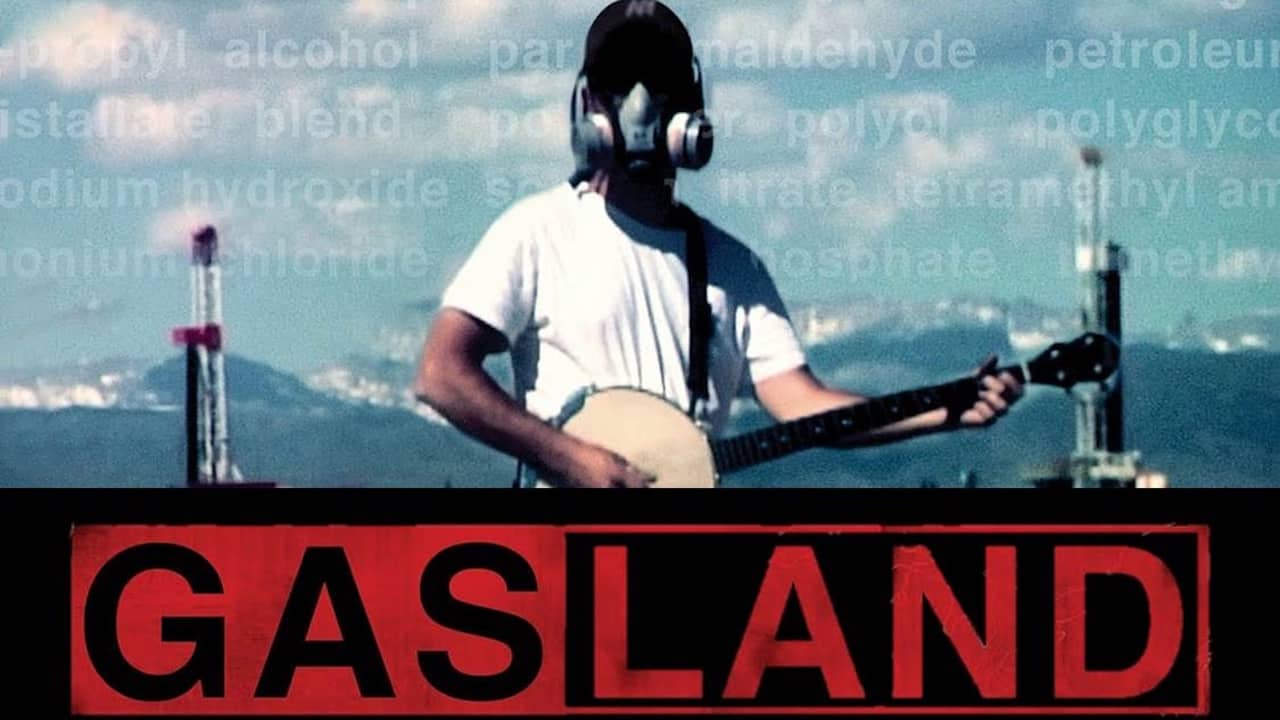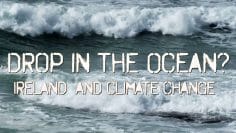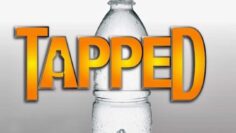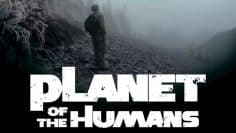Gasland
Gasland follows filmmaker Josh Fox on a cross-country journey to investigate the environmental impacts of hydraulic fracturing, or “fracking,” in the United States. The documentary begins when Fox receives an unexpected offer of $100,000 for the natural gas drilling rights to his property in the Delaware River Basin. Intrigued and concerned, he sets out to learn more about the process and its consequences.
Throughout his travels, Fox visits communities across 24 states where fracking operations are underway or planned. He interviews residents who claim their water has been contaminated, leading to health issues and even the ability to ignite tap water. The film highlights how the Energy Policy Act of 2005 exempted fracking from key environmental regulations, including the Safe Drinking Water Act and the Clean Air Act.
Fox’s investigation reveals a complex web of corporate interests, government policies, and environmental concerns. He documents instances of chemical contamination, air pollution, and the industrialization of rural landscapes. The film also touches on the broader implications of America’s pursuit of energy independence through natural gas extraction.
The documentary combines personal stories, scientific explanations, and visual evidence to present a comprehensive picture of fracking’s potential risks. It features interviews with scientists, industry representatives, and affected community members. Fox’s own narration and banjo playing provide a unique backdrop to the serious subject matter.
While the natural gas industry disputes some of the film’s claims, Gasland has been credited with bringing the term “hydraulic fracturing” into mainstream discourse and mobilizing the anti-fracking movement. The documentary sparked debates about energy policy, environmental protection, and the balance between economic interests and public health.










